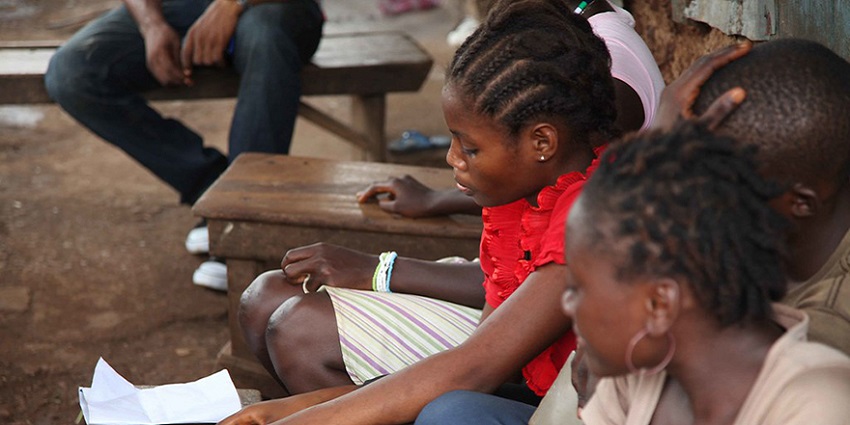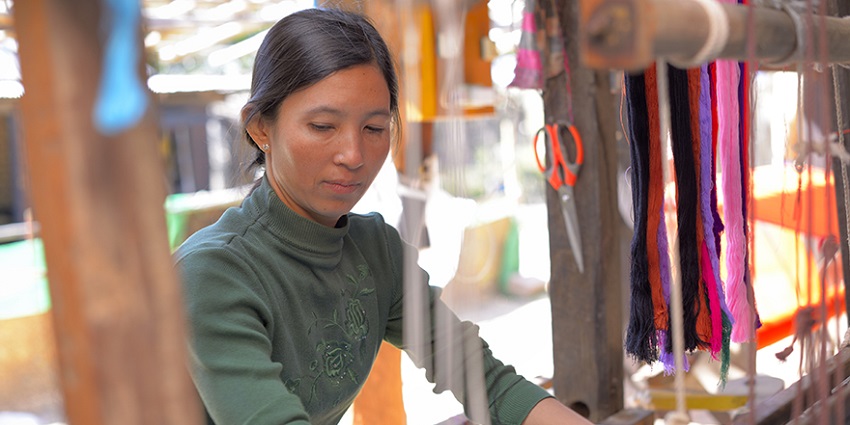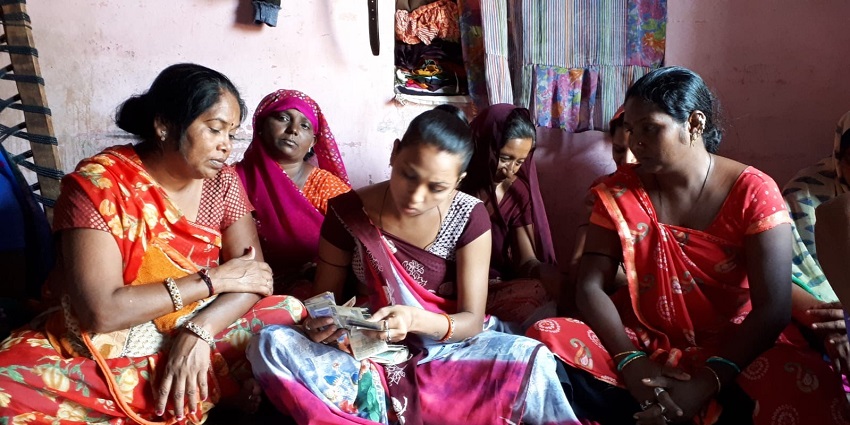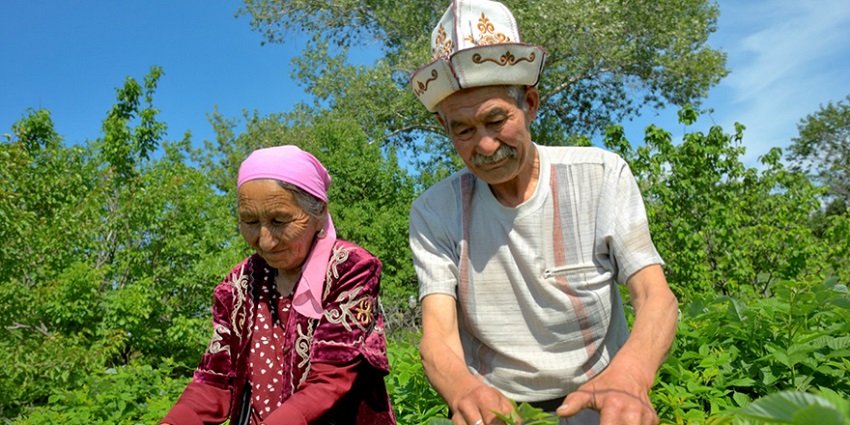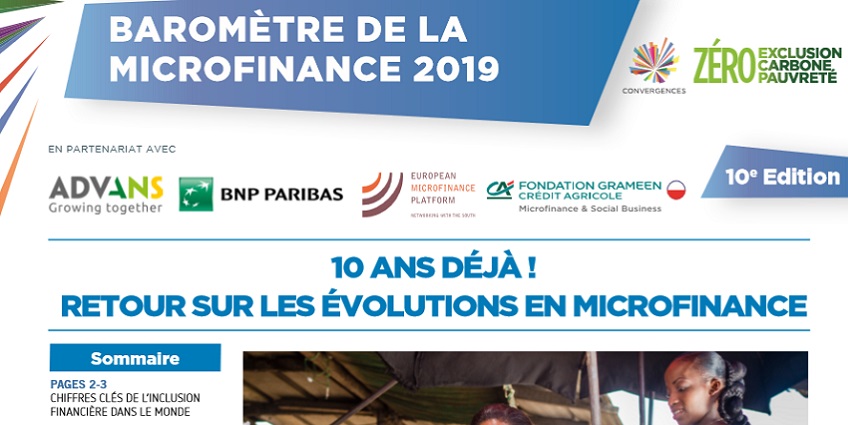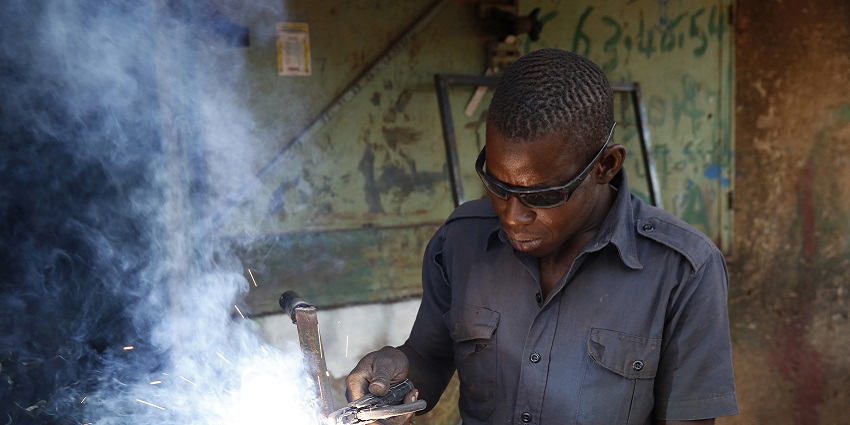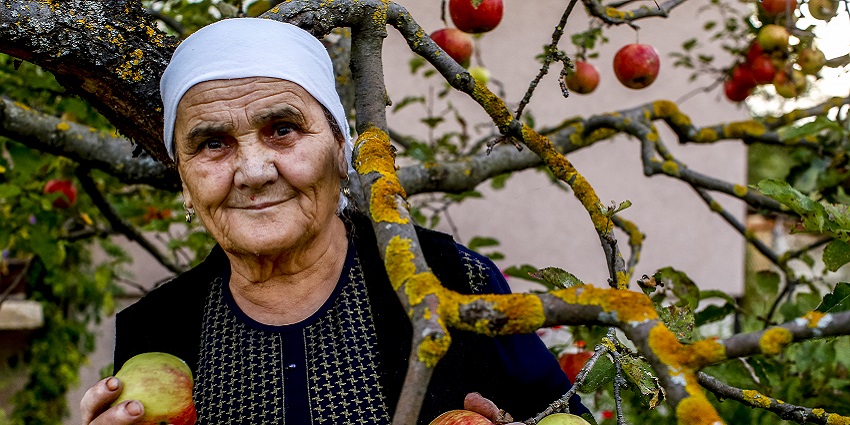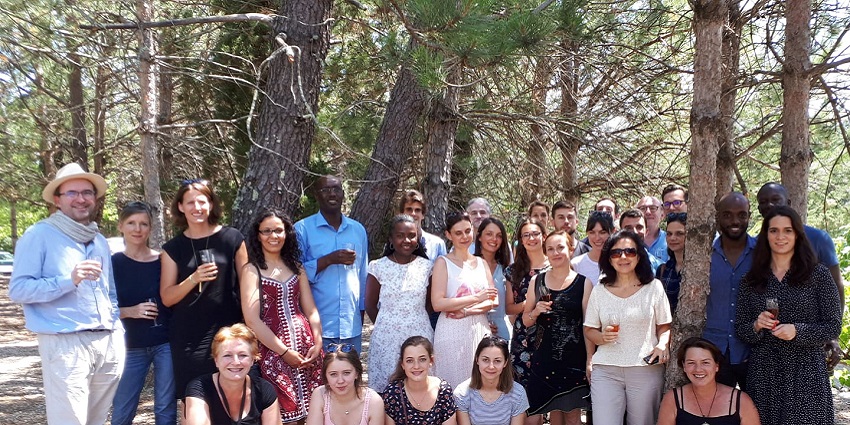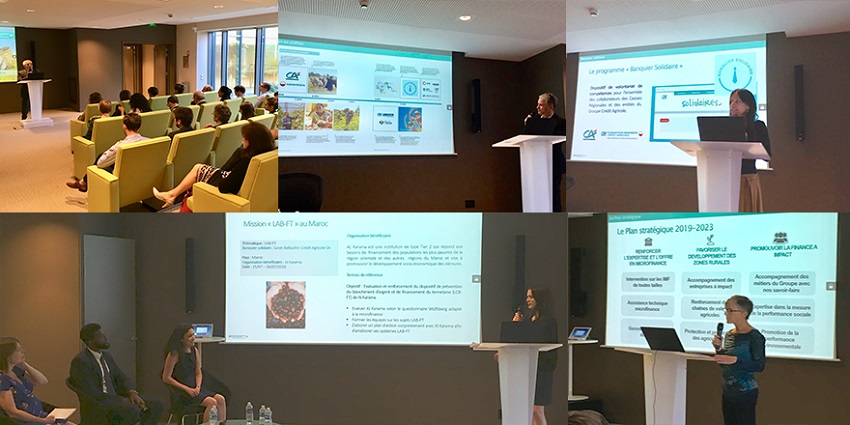Microfinance and Retail Banking: Cross-examinations
By Céline Hyon-Naudin, Grameen Crédit Agricole Foundation
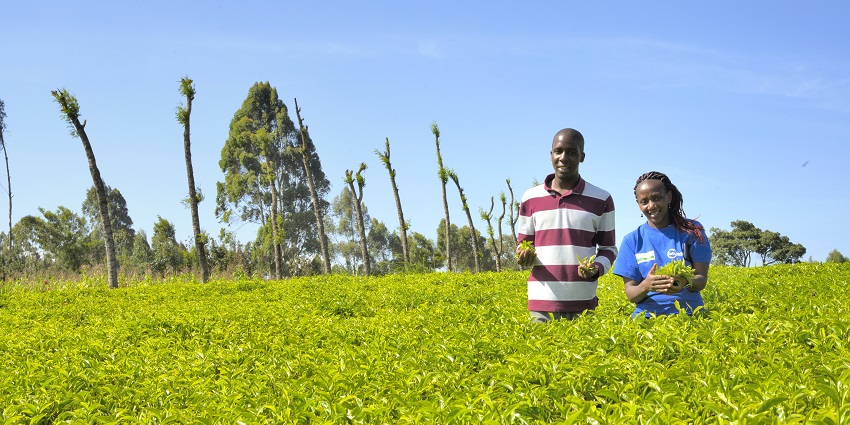
© Didier Gentilhomme
Microfinance is the set of financial services and products accessible to people excluded from the traditional banking system. Today, the microfinance sector has 139 million beneficiaries with total outstanding loans estimated at $114 billion (1). Beyond the objective of promoting financial inclusion, microfinance is constantly adapting and innovating to be a lever for economic development through entrepreneurship.
This financing of entrepreneurship is a key commonality between microfinance and retail banking. Like microfinance, retail banking offers financial solutions to promote income-generating activities. In the Foundation's 10-Year Booklet published last year, we compared figures from institutions supported by the Foundation and those of a small, "average" regional bank (2) and identified several similarities. This article is a spotlight on the common issues identified.
Some elements of comparison
Retail banks and microfinance institutions (MFIs) share certain objectives and operating methods. For example, the sales organization of an MFI is similar to that of a traditional banking network, with a relationship manager overseeing a portfolio. Both operate in the heart of local areas, close to their clients. Microfinance has evolved to diversify its financial offerings, becoming closer to those of a retail bank: loans, savings, money transfers, insurance, mobile payments, investments, reflecting the diverse needs of clients and businesses.
Furthermore, MFIs and retail banks carry out their work by seeking to control their costs and risk, while aiming to generate a positive and resilient economic result, capable of ensuring the sustainability of their mission.
However, the revenue and cost structure differs greatly between the two models. Operating costs (for example, travel expenses for loan officers, who have at least 250 to 300 clients) are high for an MFI: they represent 50 to 60% of expenses.
The composition of revenues also presents structural differences. The amounts and average duration of loans are more modest in microfinance: microcredits are generally less than one year and the average loan (from our partners) is €765 compared to €16,000 for an average regional bank. An MFI's revenue is almost exclusively linked to financing activity, unlike a retail bank, which has more extensive products and is less subject to financing activity. As a result, MFI revenues are essentially driven by the net financing margin: interest income on loans represents 88 to 99% of MFI revenues, a far cry from the 51% of the average regional bank.
Interest rates in the microfinance sector are higher than those in retail banking, largely due to operational costs. However, ethics and the need for impact are driving the sector to optimize its operating costs. The table below compares the costs, revenues, and margins per client of a partner MFI and a retail bank. Although there are significant differences between regions, the margin per client is positive for MFIs. Microfinance remains a viable economic sector, even though MFIs face significant challenges, which are common to retail banking.
Common challenges for microfinance and banking
With 1.7 billion unbanked adults (3), microfinance and banking must continue to innovate to reach them. Two avenues are open to them: digital finance and resilience in the face of climate change.
Digital finance is transforming the world of finance, making it more agile: New technologies offer digital financial services that both improve the operational efficiency of financial institutions and increase the reach of their services. Improving operational processes should help reduce operating costs, develop new distribution channels, and reach new markets. The diffusion of financial services through these new technologies is a pillar of the current financial acceleration. The potential is significant: of the 1.7 billion unbanked adults, one billion own a mobile phone and 480 million have access to the internet (4).
Financing the ecological transition is another shared challenge. Through direct contact with small producers, MFIs strengthen the development of rural economies. Small farmers are already weakened by the small size of their farms (80% have a farm of less than 2 ha) and their limited integration into agricultural sectors (only 7% are formally integrated into commercial value chains). Climate change poses an additional risk, and both MFIs and retail banks must innovate to provide financing better adapted to agricultural cycles and risks and promote new farming practices that encourage resilience and adaptation to climate change. Microfinance and retail banks are also positioning themselves around financial solutions such as those promoting access to green energy intended to promote the ecological transition.
These shared challenges bring together these two branches of the financial system, which play a powerfully inclusive role in economic development and social and environmental progress. There are many synergies to be exploited between microfinance and traditional banking. At its own level, and alongside the Crédit Agricole Group and its partner MFIs, the Foundation will continue to contribute to advancing responsible and inclusive finance.
________________________________

